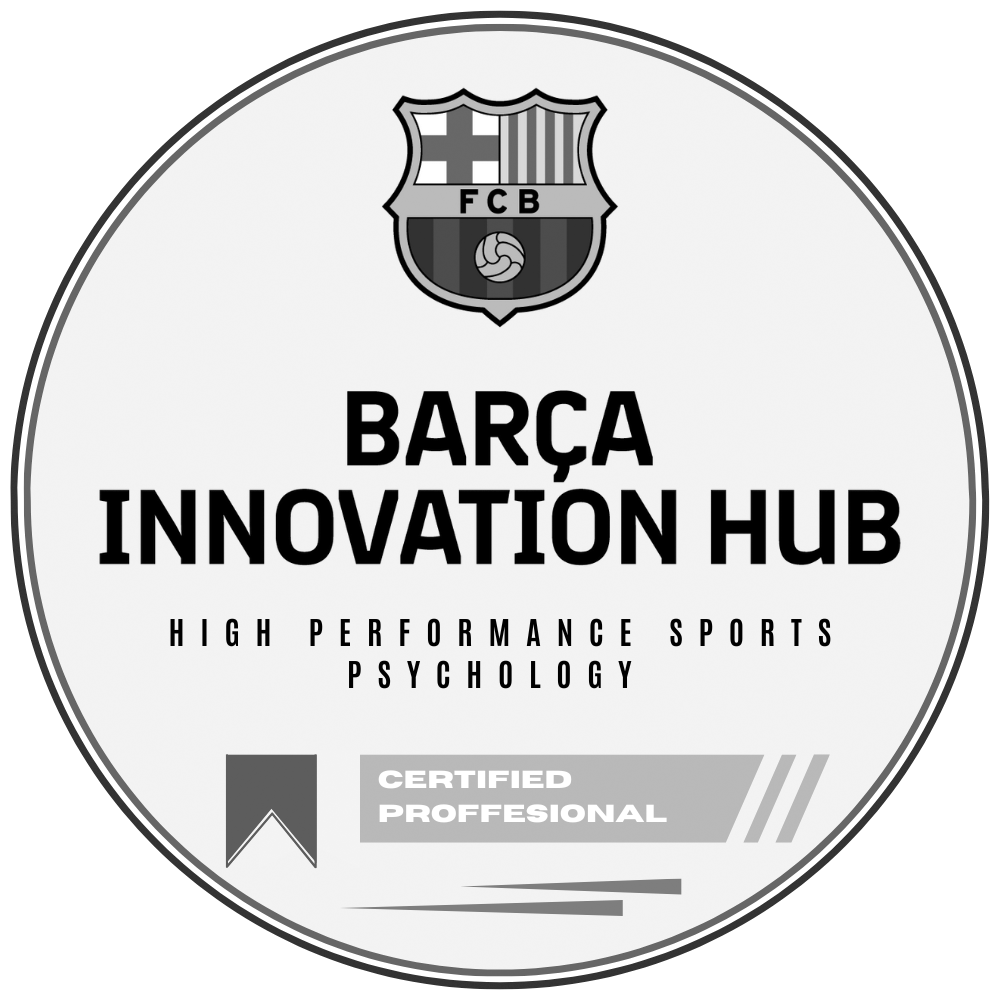The Legacy Paradox
In many family businesses, I see a familiar contradiction play out: the founder dreams of building a lasting legacy yet struggles to let go. There’s deep pride in what’s been created, and rightly so. But there’s also a subtle resistance to the idea of anyone else leading it. Succession, if discussed at all, tends to surface in hushed tones rather than structured conversations. And that delay can cost far more than most families realize.
In public companies, succession is non-negotiable. Boards demand a plan. In family enterprises, the dynamics are more personal, more emotional. Conversations are deferred with phrases like “not yet,” or “when they’re ready.” But often, neither the timing nor the readiness ever materializes.
This is what I call the legacy paradox: the very desire to leave something enduring can become the reason a founder clings too tightly. What begins as stewardship can quietly turn into control. And what should be a graceful transition becomes a scramble often triggered by crisis.
Why Founders Hold On
This tension isn’t just about strategy, it's about identity. For many founders, the business isn’t just something they built; it’s who they are. Letting go can feel like erasing oneself.
I’ve seen this play out in real time. In one globally respected business, the founder refused to name a successor. His adult children, decades into the business, were still treated like apprentices. “They’re not ready,” he said. But what he really meant was: I’m not ready to let go. When he died unexpectedly, the leadership vacuum triggered infighting, confusion, and eventually, the business was sold, an ending no one wanted, but few had dared to prepare for.
In another case, a beloved mid-sized company had lost its edge. The founder still approved every major decision, even as his children developed instincts and visions of their own. They weren’t lacking ability, only trust. By the time he stepped back, momentum had been lost. The next generation inherited not a runway, but a catch-up game.
Why does this happen so often? Because power, relevance, and mortality are all tied up in succession. It’s one of the most emotionally charged, least-discussed aspects of leadership in enterprise families.
What Letting Go Actually Looks Like
Here’s the truth: being indispensable might feel like strength. But in a family business, it often signals fragility. When a company can’t function without one person, it’s not a legacy, it's a liability.
Letting go doesn’t mean disappearing. The strongest transitions I’ve seen are not abrupt exits but thoughtful overlaps. Founders shift from owning every decision to guiding them. They mentor. They share responsibility. They give the next generation room to lead while they’re still close enough to coach but not so close that they’re still steering.
It takes intention. Time. And a willingness to do the emotional work not just the legal or operational handoffs.
From Control to Stewardship
A healthy transition requires a cultural shift from control to stewardship. That means moving the focus from what I hold to what I can prepare others to carry. It’s leadership rooted not in authority, but in humility, trust, and long-term thinking.
It also means letting the next generation find their own voice, make their own mistakes, and grow into leadership without a shadow looming overhead. When that shift happens, energy returns. People stop waiting for permission. Ideas start flowing. The business breathes more deeply.
The founder doesn’t disappear. They evolve from being the center of the business to being the person who made the future possible.
An Invitation to Reflect
If you stepped away today, what would happen? Who would be ready? And what would they say you made possible?
I return to this question often in my work, because it sits at the heart of enterprise family dynamics. The elephant in the family room isn’t always silence or conflict. Sometimes, it’s the founder’s presence too large to ignore, too central to question, too essential to challenge.
But real legacy doesn’t come from being the one everyone needs. It comes from being the one who prepared them not to.
The Work That Lasts
The most enduring founders I’ve worked with are the ones who made themselves replaceable—by design. Not because they were unimportant, but because they understood what mattered more: continuity, shared leadership, and resilience.
Being indispensable might feel rewarding. But being unnecessary, because you’ve done the work to empower others, is far more powerful.
That’s the shift. That’s the work. And that’s the kind of leadership that lasts.
#FamilyBusiness #LegacyParadox #SuccessionPlanning #LeadershipTransition #FounderMindset #LettingGoToGrow #NextGenLeadership #EnterpriseFamilies #ExecutiveCoaching #TrustedAdvisor #FamilyBusinessCoaching



.svg.png)










.png)


